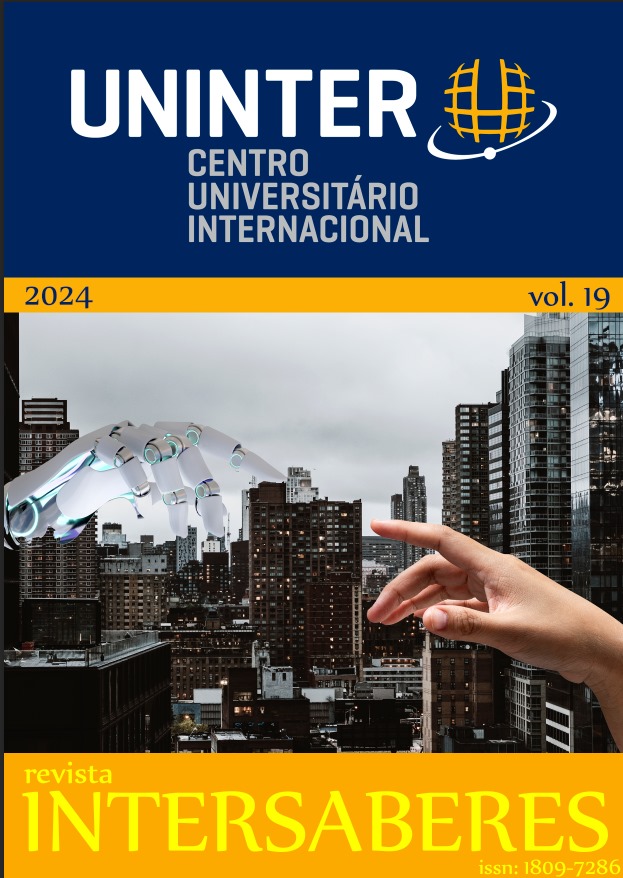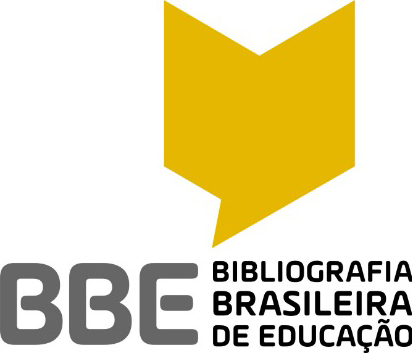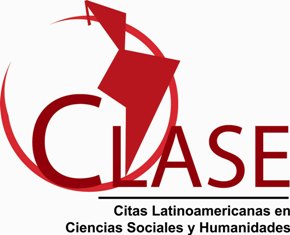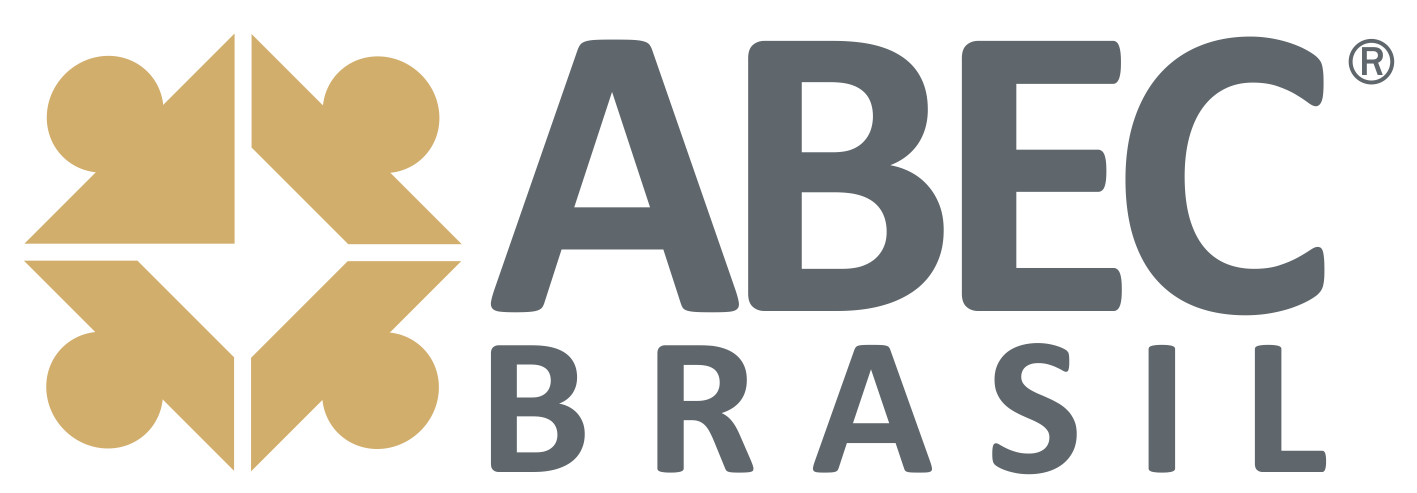Distance education at the crossroads: problem or solution?
DOI:
https://doi.org/10.22169/revint.v19.e242en5004Keywords:
Educação a Distância, Ensino Superior, QualidadeAbstract
Given the recent controversy over the expansion of distance education in Brazilian higher education, which culminated in the MEC temporarily suspending the opening of new distance education courses, this essay proposes a reflection on the effectiveness of distance education based on a review of studies carried out in Spain and the USA. We highlight the main conclusions produced by researchers on distance education and seek to situate the debate within the context of the evolution of higher education in Brazil in recent decades. Faced with the challenges of providing access to higher education in our country, which are changing on a daily basis due to the rapid advance of the digitalization of social relations, we conclude that the resistance to offering distance learning courses goes against the grain of scientific analysis, at the same time it represents a potential threat to the democratization of education in the country.
Downloads
References
BEHAR, Patricia A.; SILVA, Ketia Kellen A. Competências digitais na educação: uma discussão acerca do conceito. Educação em Revista, Belo Horizonte, v. 35, 2019. DOI: https://doi.org/10.1590/0102-4698209940.
BRASIL, Presidência da República. Lei nº 14.533, de 11 de janeiro de 2023. Institui a Política Nacional de Educação Digital. Disponível em: https://www.planalto.gov.br/ccivil_03/_Ato2023-2026/2023/Lei/L14533.htm . Acesso em: 24 ago. 2023.
BUHL-WIGGERS, Julie; KJÆRGAARD, Annemette; MUNK, Kasper. A scoping review of experimental evidence on face-to-face components of blended learning in higher education. Studies in Higher Education, 2023, v. 48, n. 1, p. 151–173. DOI: https://doi.org/10.1080/03075079.2022.2123911.
CASTELLS, Manuel. O digital é o novo normal. Fronteiras, 2020. Disponível em: https://www.fronteiras.com/leia/exibir/o-digital-e-o-novo-normal. Acesso em: 20 out. 2023.
CAZDEN, Courtney et al. Uma pedagogia dos multiletramentos: desenhando futuros sociais. Organização: Ana Elisa Ribeiro e Hércules Tolêdo Corrêa; Tradução: Adriana Alves Pinto et al. Belo Horizonte: LED, 2021. Disponível em: https://www.led.cefetmg.br/wpcontent/uploads/sites/275/2021/10/Uma-pedagogia-dos-multiletramentos.pdf. Acesso em: 18 jun. 2024.
FORBES, Dianne et al. Practical learning in hybrid environments: can remote learning be active, authentic, and real? Distance Education, v. 44, n. 2, p. 362-379, 2023. DOI: https://doi.org/10.1080/01587919.2023.2198487.
GARCÍA ARETIO, Lorenzo. ¿Se sigue dudando de la educación a distancia? REOP — Revista Española de Orientación y Psicopedagogía, v. 21, n. 2, p. 240–250, 2010. Disponível em: https://doi.org/10.5944/reop.vol.21.num.2.2010.11528. Acesso em: 05 dez. 2023.
GARCÍA ARETIO, Lorenzo. ¿Podemos fiarnos de la evaluación en los sistemas de educación a distancia y digitales? RIED. Revista Iberoamericana de Educación a Distancia, v. 24, n. 2, p. 9-29, 2021. DOI: https://doi.org/10.5944/ried.24.2.30223.
GARCÍA ARETIO, Lorenzo; CORBELLA, Marta R. La eficacia en la educación a distancia: ¿un problema resuelto? Teoría de la Educación, Vol. 22, Nº 1, 2010, págs. 141-162 Disponível em: https://dialnet.unirioja.es/servlet/articulo?codigo=3226788. Acesso em: 05 dez. 2023.
INEP. Censo da Educação Superior 2022 – Notas Estatísticas. Brasília: Ministério da Educação, 2023. Disponível em: https://download.inep.gov.br/publicacoes/institucionais/estatisticas_e_indicadores/notas _estatisticas_censo_escolar_2022.pdf. Acesso em: 08 fev. 2024.
INEP. Censo Escolar da Educação Básica 2023 – Resumo Técnico. Brasília: Ministério da Educação, 2024. Disponível em: https://download.inep.gov.br/publicacoes/institucionais/estatisticas_e_indicadores/resumo_tecnico_censo_escolar_2023.pdf. Acesso em: 10 set. 2024.
POLOVKO, Olena; GLOTOV, Sergei. The educational process of Ukrainian university students following the full-scale Russian invasion. London Review of Education, v. 21, n. 1, p. 31, 2023. DOI: https://doi.org/10.14324/LRE.21.1.31.
RUSSELL, Thomas L. The No Significant Difference Phenomenon: a comparative research annotated bibliography on technology for distance education. Montgomery, AL: IDECC, 2001.
UNICEF. Cenário da exclusão escolar no Brasil: um alerta sobre os impactos da pandemia da Covid-19 na educação. 2021. Disponível em: https://www.unicef.org/brazil/media/14026/file/cenario-da-exclusao-escolar-no-brasil.pdf. Acesso em: 12 dez. 2023.
U.S. Department of Education. Evaluation of evidence-based practices in online learning: a meta-analysis and review of online learning studies. Center for Technology in Learning, 2009. Disponível em: https://eric.ed.gov/?id=ED505824. Acesso em: 23 nov. 2023.
VIEIRA, Danilo Jorge. Evolução do ensino superior brasileiro em período recente: novas perspectivas para o desenvolvimento regional? In: NETO, Aristides Monteiro et al. (org.). Desenvolvimento regional no Brasil: políticas, estratégias e perspectivas. Rio de Janeiro: Ipea, 2017. Disponível em: https://repositorio.ipea.gov.br/bitstream/11058/9032/1/Evolução%20do%20ensino.pdf. Acesso em: 10 ago. 2024.
Downloads
Published
How to Cite
Issue
Section
License
Copyright (c) 2024 REVISTA INTERSABERES

This work is licensed under a Creative Commons Attribution-NonCommercial-NoDerivatives 4.0 International License.
Os direitos autorais dos artigos publicados na Revista são de acordo com a licença CC-BY-ND - Creative Commons ( https://creativecommons.org/licenses/by-nd/4.0/legalcode)
Esta licença permite que outras pessoas reutilizem o trabalho para qualquer finalidade, inclusive comercialmente; no entanto, não pode ser compartilhado com outras pessoas de forma adaptada e o crédito deve ser fornecido ao autor.
Os direitos autorais dos artigos publicados na Revista são do autor, com os direitos de primeira publicação para a Revista





























